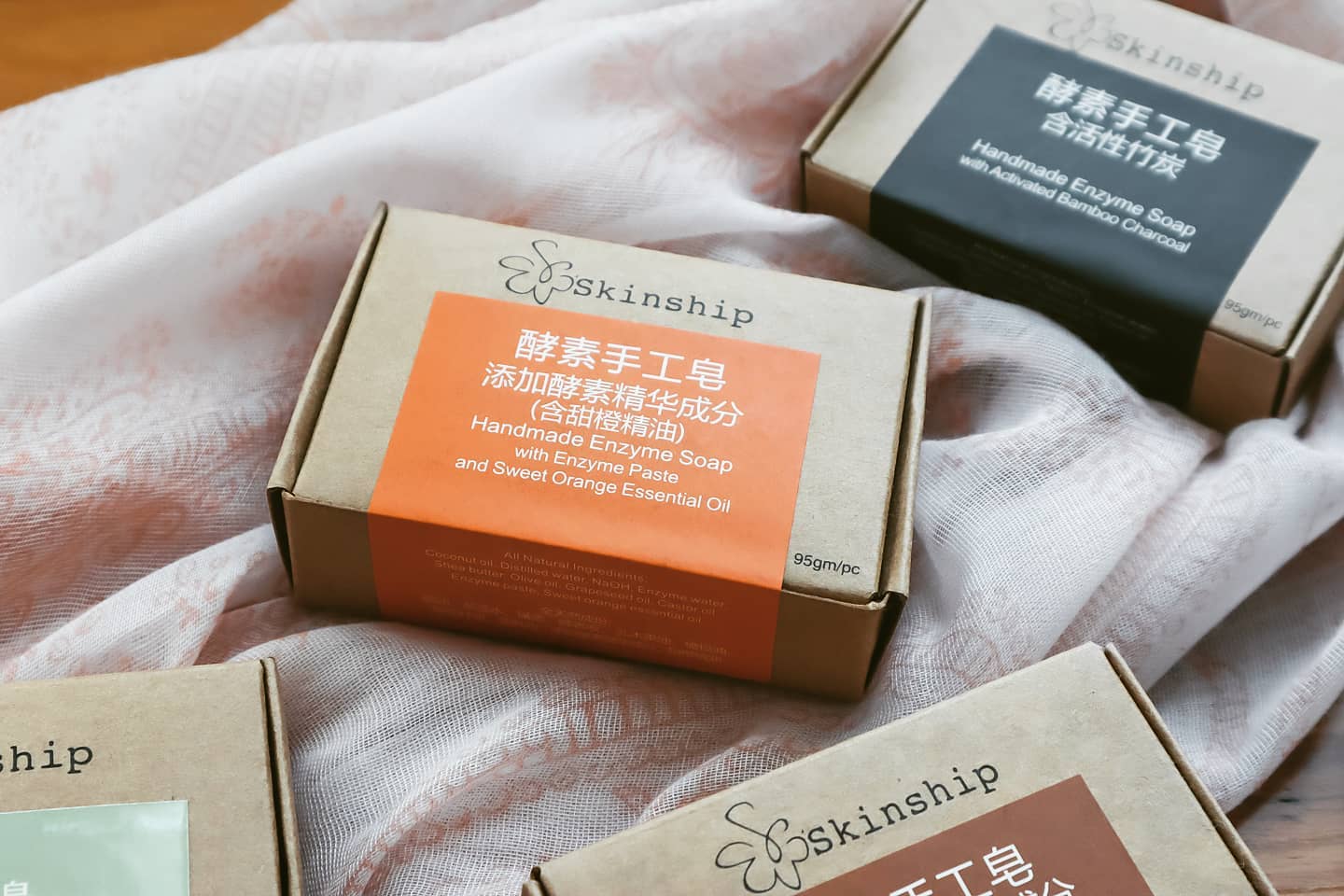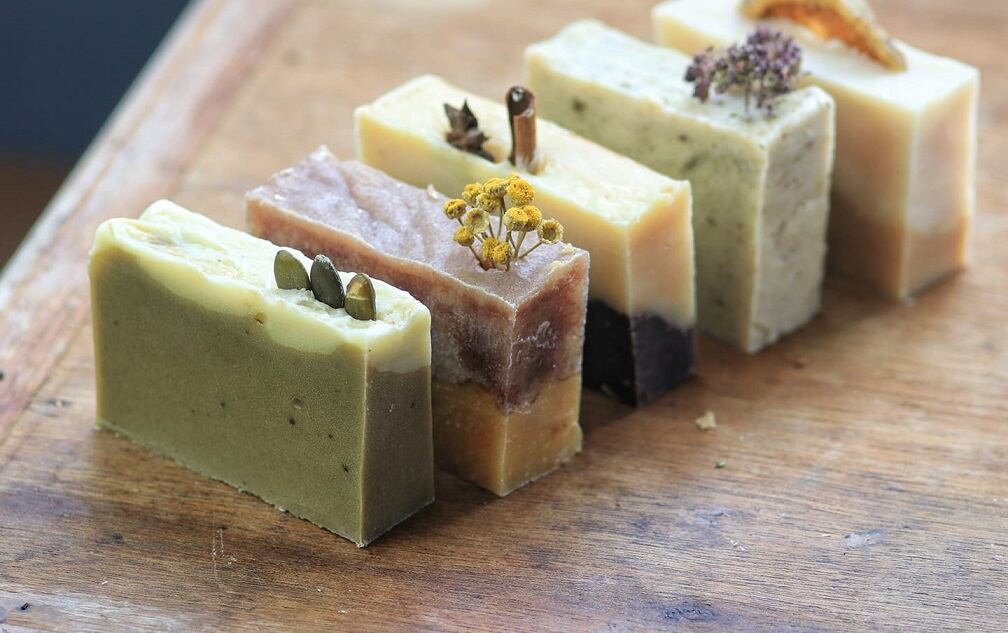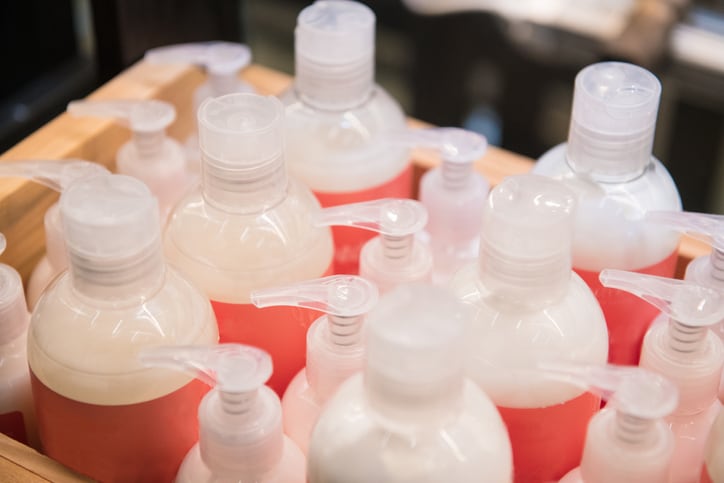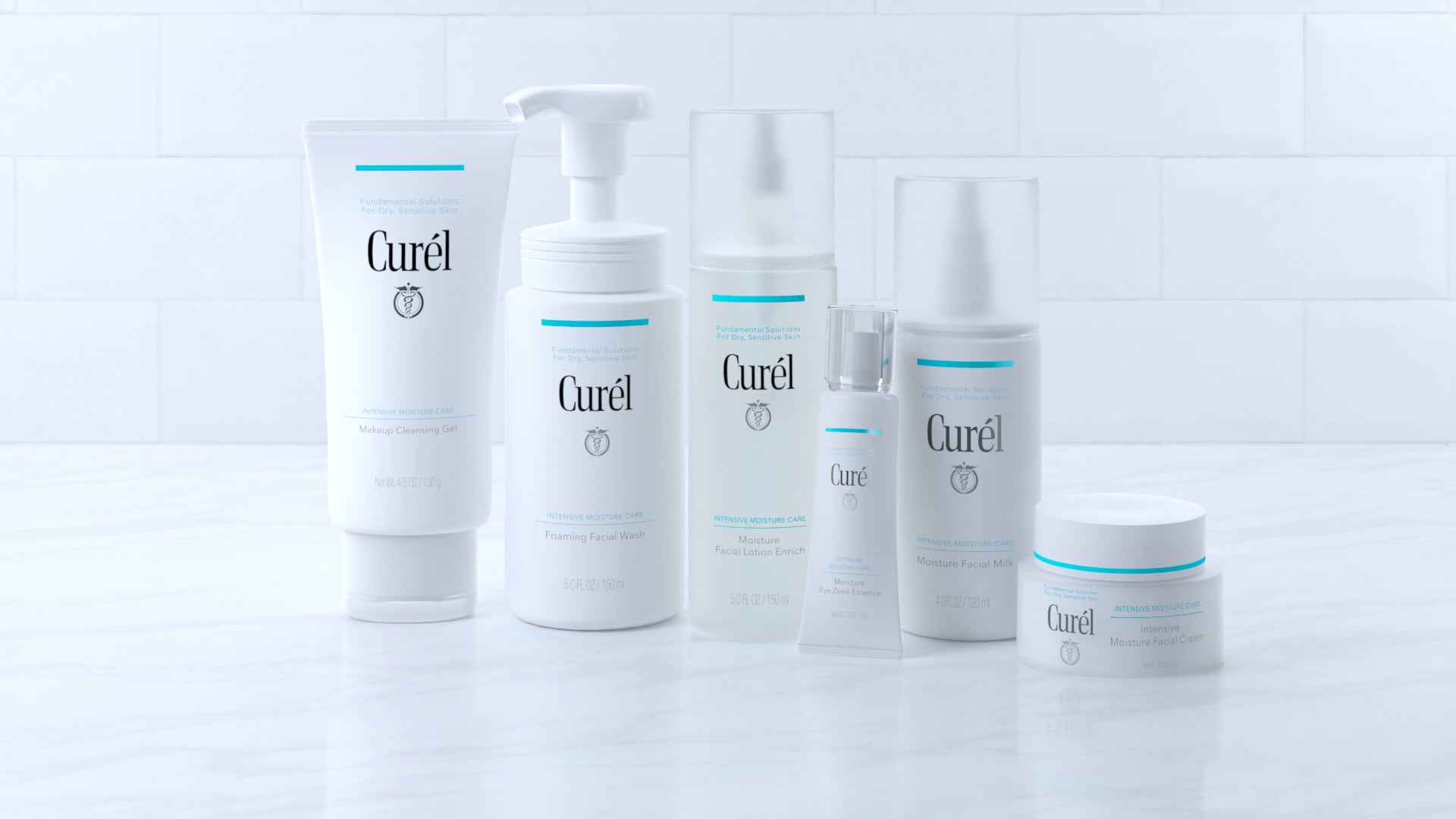Skinship was founded in 2018 by April Tan, who was formerly working in the tourism and hospitality sector where she saw a demand for conscious cosmetics.
Tan told CosmeticsDesign-Asia that she believed solid soap bars were gaining popularity in the Asia Pacific region but felt there was a gap in the market for soap bars with added functionality.
“Handmade soap bars are making a hot comeback for sure, but what differentiates us would be our key ingredient – enzymes.”
According to the company, it uses fruit enzymes that work to breaking down the keratin protein to remove the dead skin cells, resulting in smoother skin and a more radiant complexion.
Additionally, it claims that the enzymes help to diminish scars, fine lines, age spots and is skin-friendly for those with eczema.
“In comparison to the other soap bars in the same space, this is definitely an outstanding element that is exclusive and unique to us,” said Tan.
The company also sees opportunities in the sustainable beauty space as Tan has observed more emphasis on eco-living among consumers.
“We believe that the world is beginning to be more and more conscious and to progress is to [be sustainable]. We aim to not only produce products that are sustainable and eco-conscious but also products that are ethical, conscious and most importantly, effective. We based all our business decisions around these values,” said Tan.
This is driving the adoption of zero-waste personal care products among consumers.
“We see a steady increase in consumers converting to solid and natural skin care products… Skinship is tapping into the low-waste movement and constantly innovating ways we can reduce unnecessary waste through our packaging design.”
To cater to this trend, the company has developed a reusable soap box so consumers can travel with their soap bars.
Potential to expand into China
The potential in the market is pushing the firm to develop more products such as shampoo bars and a line of baby-centric enzyme soap bars.
Additionally, the company is also working to expand its business internationally, starting with China.
“We see China as a good market to tap into as we believe that the market there is getting more and more conscious about the ingredients that are in their skincare products, as well as social responsibility. We believe that our brand and company are able to satisfy the consumers there in those two aspects with what we are currently doing,” said Tan.
Tan noted that entering the Chinese market would require a specific branding and marketing strategy.
“We plan to stand out as a Singapore natural skin care brand and mainly market ourselves through popular Chinese platforms such as WeChat, as well as through referral and word of mouth marketing. We are also looking into how we may incorporate live streaming as a form of marketing too.”
However, the novel coronavirus (COVID-19) pandemic has disrupted the company’s plans to move forward with its China expansion.
With the current situation, Tan estimated that it would take at least two more years to solidify those plans.
“Given the current COVID-19 situation, it may be difficult to determine a definite timeline for it. Nonetheless, we will still be actively seeking opportunities that can aid in our plans to expand in this period.”
Instead, the company will focus on continuing to build the brand in its home market.
“Our focus in the coming year would be to build up our branding and solidify it. We want people to associate our brand with the experience they get from using our products. They should feel soothed, cleaned and a sense of relaxation whenever they use a Skinship soap bar.”





